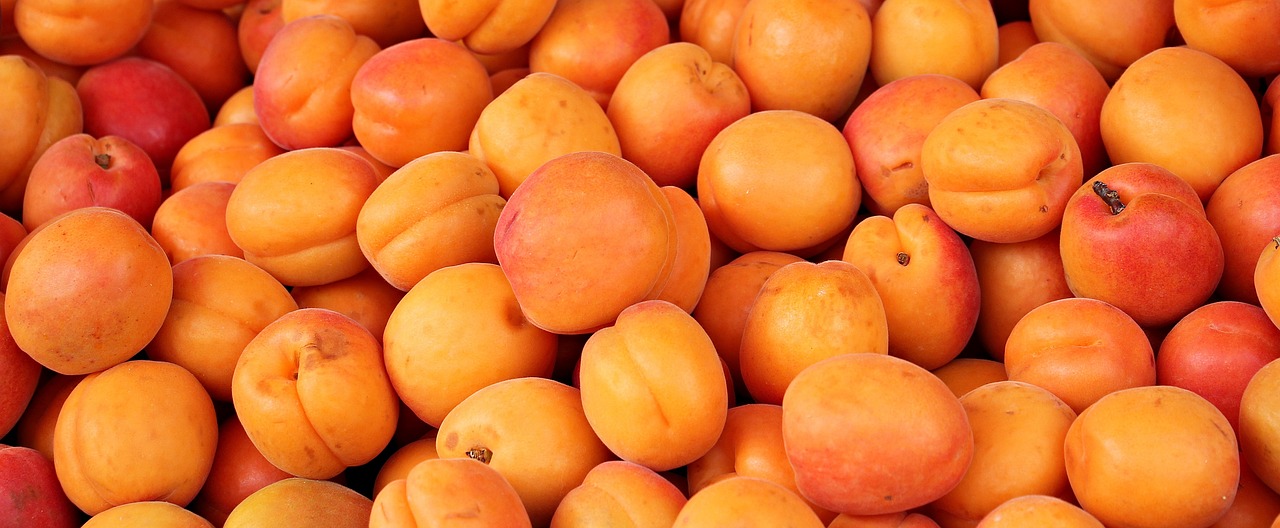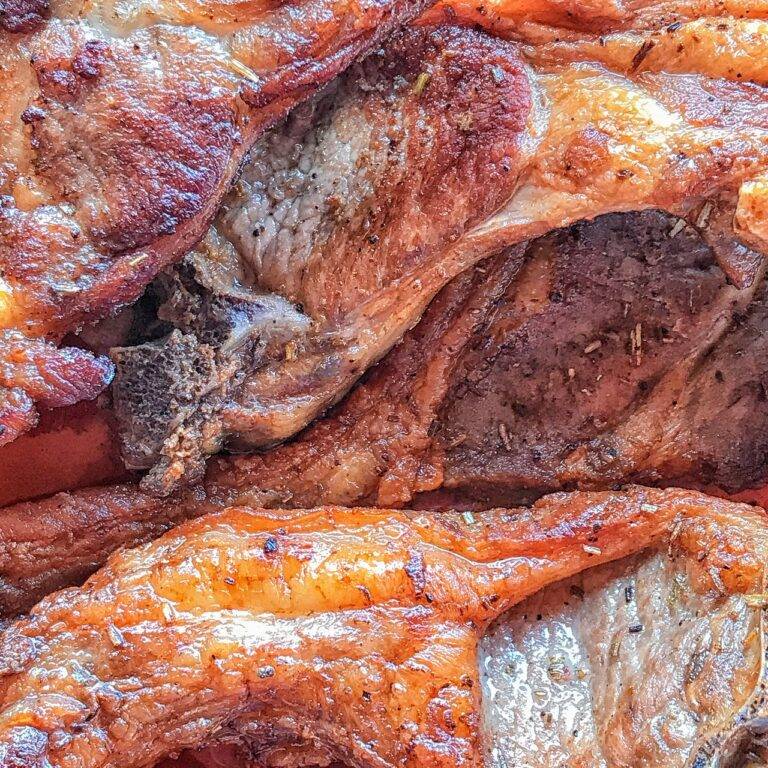The Future of AI in Food Quality Control and Assurance
Given the increasingly complex global food supply chain, one of the major challenges in current food quality control is ensuring the traceability of products from farm to fork. With products often passing through multiple hands and locations before reaching consumers, maintaining accurate records throughout the entire process can be a daunting task. Issues such as mislabeling, contamination, or fraudulent practices can easily go unnoticed without a robust tracking system in place.
Another key challenge in current food quality control revolves around the need for faster and more efficient testing methods to identify potential hazards or contaminants in food products. Traditional testing methods are often time-consuming and may not provide real-time results, delaying the detection and response to food safety threats. As new and emerging contaminants continue to pose risks to consumer health, there is a pressing need for innovative technologies that can quickly and accurately assess the safety and quality of food products.
Benefits of Implementing AI in Food Quality Assurance
Artificial Intelligence (AI) in the realm of food quality assurance has revolutionized the way suppliers and manufacturers assess and maintain the quality of their products. AI algorithms can analyze vast quantities of data within minutes, providing insights that might have taken human analysts days or even weeks to uncover. This not only speeds up the quality control process but also enhances the accuracy of detecting potential issues in food production.
Furthermore, the implementation of AI in food quality assurance allows for predictive analytics, enabling proactive measures to be taken to prevent quality issues before they arise. By analyzing patterns and trends in data, AI platforms can identify potential risks and deviations in the production process, empowering food companies to take corrective actions swiftly. This proactive approach not only safeguards the quality of food products but also helps in preventing incidents that could potentially harm consumer health.
How can AI improve food quality control?
AI can improve food quality control by analyzing large amounts of data quickly and accurately, detecting any anomalies or defects in the food products.
What are some challenges in current food quality control?
Some challenges in current food quality control include human error, time-consuming manual inspections, and the inability to detect subtle defects in food products.
Can AI help reduce food waste in the food industry?
Yes, AI can help reduce food waste in the food industry by accurately identifying any defects or issues in food products early on in the production process.
How can AI benefit food manufacturers in terms of cost savings?
AI can benefit food manufacturers by reducing the need for manual labor, improving efficiency in production processes, and minimizing the risk of product recalls.
Is AI used in food quality assurance only for large food companies?
No, AI can be implemented in food quality assurance for both large and small food companies, as it can help improve the overall quality and safety of food products regardless of the size of the company.







